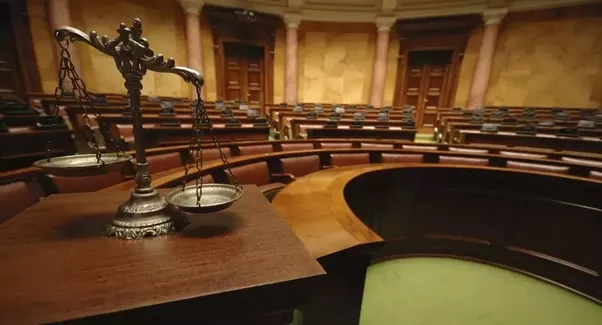During oral arguments before the Supreme Court in regards to entry of foreign law firms into India, London Court of International Arbitration (LCIA) counsel Dushyant Dave has argued that Indian lawyers practicing abroad will bear the brunt of the potential regulation planned by Bar Council of India (BCI).
Dave stated this while rebutting BCI senior counsel CU Singh’s argument that foreign law firms must be given permission to enter India only under the current regulatory regime.
The Centre on its part has informed the court that it was of the opinion that delaying legal services liberalisation in India could harm practising privileges of Indian lawyers abroad, according to media reports.
Centre To Step In If Further Delays
Dave pointed out that Indian lawyers often take part in international commercial arbitration matters in places like Singapore, London, Paris without taking any permission. However if the BCI introduces regulations for foreign lawyers in India, it could affect the interests of Indian lawyers, he said.
Singh had previously argued that while the BCI was not averse to foreign layers practicing law in India, they must be regulated and come under the purview of ” the four corners of the Advocates’ Act.” He added that such rules should apply even if the lawyers are practicing on a temporary basis.
Speaking for the Central Government, Additional solicitor general Maninder Singh stated that if the BCI fails to frame rules to expedite the entry of foreign law firms, the Centre would do so as the government doesn’t want Indian lawyers to see their practice privileges denied in foreign locations as being done currently by India to foreign lawyers.
BCI Insisting On Foreign Lawyers Coming Under Current Regulations
In his arguments during BCI’s appeal of the Madras HC judgment in AK Balaji Vs BCI, CU Singh, said for the BCI even fly-in-fly-out (FIFO) advice by foreign lawyers in India and foreign lawyers conducting international arbitration in India, is considered as “practice of the profession of law”, and therefore must be regulated under the current Advocates Act 1961 and the BCI Rules.
Singh also highlighted an 2009 Bombay ruling in Lawyers Collective vs BCI wherein it found that foreign law firm liaison offices in India were illegal and also that the practice of law comprised both litigious and non-litigious practice.
He also pointed out that the Advocates Act 1961 permits only those advocates who are enrolled with state bar council to practice law in the country, so FIFO of foreign lawyers who are not enrolled in India, but are still allowed to arbitrate etc., would be violating the law.
Singh also stated that there was no provision in the law currently under which non-enrolled advocates can practise by procuring a special permission, except when related to appearances before a court or authority.
ASG Singh however warned that the Centre can no longer afford delays in legal sector liberalisation in India.
The Supreme Court will continue hearing the matter this week.





